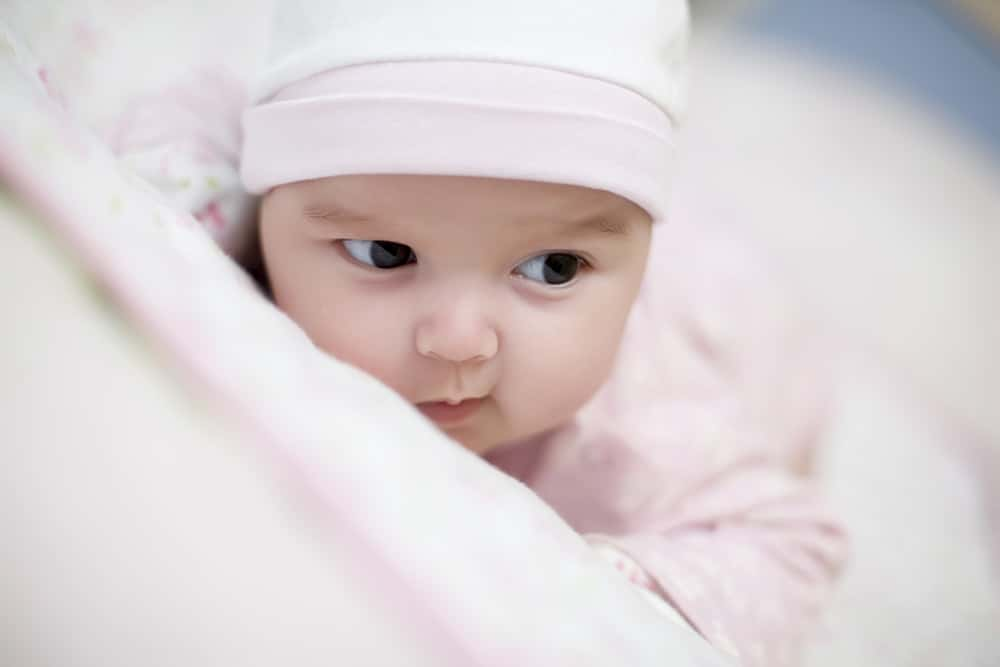Why Do Hiccups Happen?
There are several theories as to why hiccups happen. It’s been suggested that they are meant to protect us while we’re still in the womb. After all, fetuses do hiccup, so perhaps the reflex of the vocal cords shutting is meant to prevent us from inhaling amniotic fluid? Another theory goes much further back on the evolutionary tree, and posits that hiccuping comes from our ancient amphibian ancestors. Since amphibian tadpoles have lungs and gills, a rapid closing in the throat allows water to pass over their gills without entering the lungs. Modern amphibians do this, and it looks kind of similar to the human hiccup, so maybe that’s it?
Yet another theory takes into account the fact that hiccups appear to only occur in mammals. As far as we can tell, reptiles and birds do not hiccup, which casts doubt on the explanation that the mechanism first developed in amphibians. This theory suggests that hiccups were initially meant to ensure mammal infants could suckle and breathe safely. Across all mammals, the hiccup reflex effectively burps suckling babies, clearing the air from their stomachs. This theory is compelling, as only milk-drinking mammals seem to hiccup, and babies do indeed hiccup more frequently than adults—but we may never know for sure.
For all we know about hiccups, they’re still somewhat of an oddity. They happen to everyone, a hundred different things cause them, and we still don’t exactly know why they happen in the first place. But thankfully, this is one mystery of the human experience that is relatively harmless. So next time you start hiccuping (hopefully just from eating too much or drinking too fast or, even better, for no obvious reason at all), feel free to drink water from the far side of the glass or have a friend scare you. There’s a good chance they will stop, because that’s just what hiccups do.












